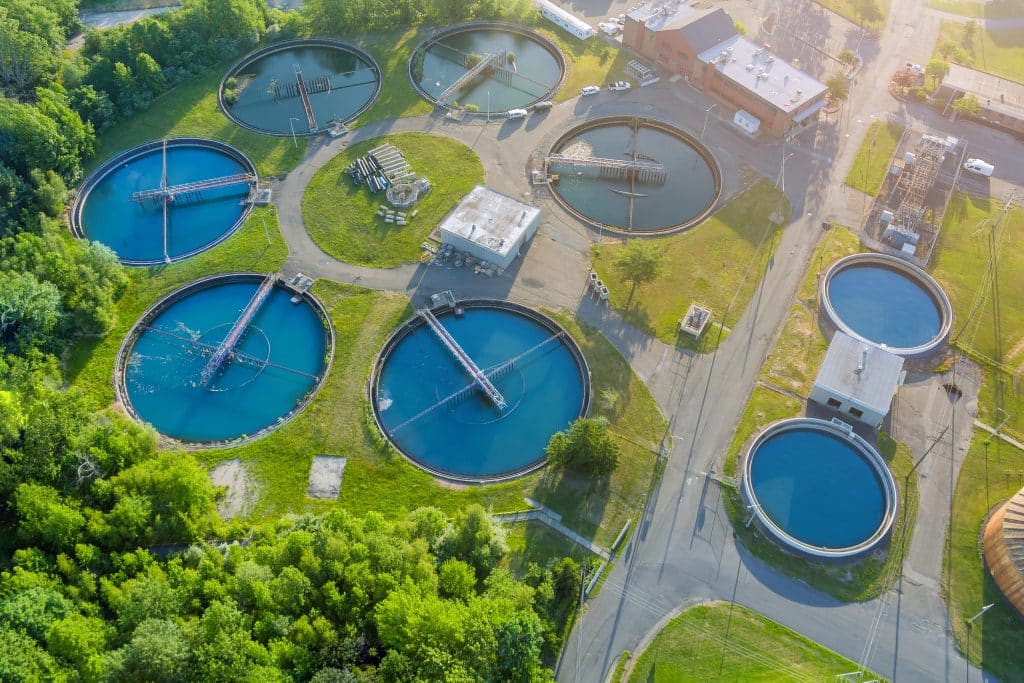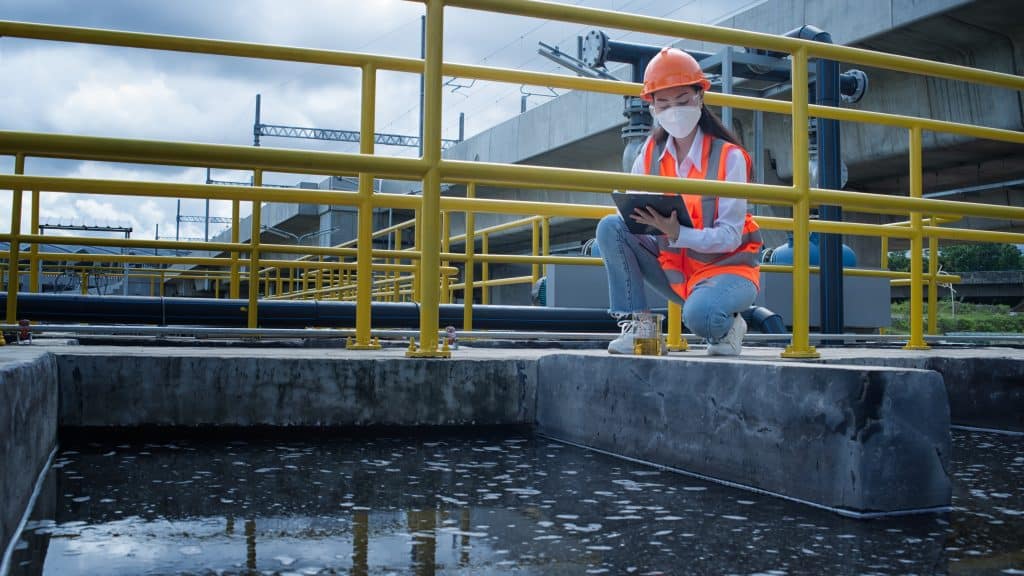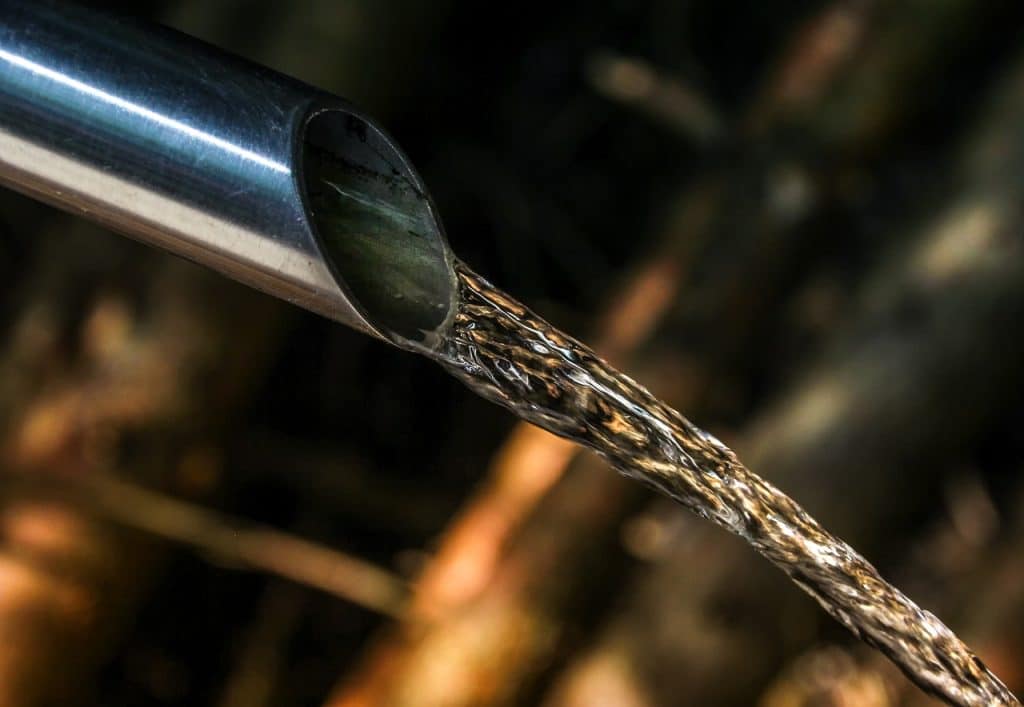Home Environment Water and effluent treatment
Water and effluent treatment
Industrial processes generate wastewater that can be harmful to the living world. To preserve the environment and comply with increasingly strict regulations, manufacturers need high-performance and sustainable solutions that effectively eliminate pollutants, treat effluents and transform wastewater into a resource.
Magnesia in wastewater treatment
The treatment of wastewater and industrial effluents is a real challenge: water being a precious common good and a resource for industry, it must be treated according to increasingly severe environmental constraints in order to protect our natural heritage.
Today, water scarcity and environmental priorities require the development of reliable and perfectly safe solutions, adapted to the needs of manufacturers. It is in this context that magnesia plays a central role: by being used in the composition of innovative reagents, it is the ideal answer in wastewater treatment applications. What for? Because magnesia is a safe, economical and sustainable solution, capable of purifying, transforming or reusing wastewater.


A solution to remove phosphorus...
Phosphorus is an essential nutrient for life, especially for microorganisms that degrade organic matter in wastewater. Nevertheless, it can cause eutrophication of the aquatic environment: the excessive presence of phosphates – highly reactive compounds containing phosphorus – in wastewater promotes the proliferation of algae that deplete the oxygen dissolved in the water. Eventually, if phosphorus is not removed, it can be released into the environment in dangerous quantities and alter water quality.
The process of removing phosphorus from wastewater is not always simple and safe: biological treatments are not necessarily suitable and chemical treatments are often harmful to operators and the environment. The solution? Opt for a magnesia-based reagent. This non-hazardous alternative allows magnesium, phosphorus, and nitrogen to crystallize as struvite. Recovered or left in the sludge, struvite can then be used as fertilizer.
At Terresis Environment, we have developed magnesium oxide, magnesium hydroxide or magnesium chloride solutions that control the formation of struvite and ultimately, effectively remove phosphorus from wastewater.
... neutralize the pH of acidic waters
For many industries, pH neutralization is fundamental to treating acidic wastewater before it is discharged into the natural environment. In order to comply with the legislation, it is possible to neutralize and stabilize the pH of the effluent through the use of caustic soda-based reagents. Nevertheless, these products are increasingly being questioned because they have several notorious drawbacks (proven HSE – Health, Safety and Environment risk). This is why, at Terresis Environment, we have developed an exclusive alternative: magnesium hydroxide, which is more relevant in terms of safety, economy, and efficiency.
Ideal for operators of industrial wastewater treatment plants, our range of magnesium products adapts to the chemistry of each effluent: in addition to limiting variations in organic loads entering the water, 30 minutes of reactivity are enough to reach the pH specification, regardless of the initial acidic pH.


... and remove heavy metals
Metals are not eliminated in the environment, which creates a risk of toxicity for living beings. That’s why it’s crucial to remove them from wastewater before disposal. At Terresis Environment,, we are able to respond to all the problems of decontamination of water produced by hydrometallurgical or chemical treatment processes, by acid leaching or via flue gas incinerators. How? By using magnesia, we formulate innovative solutions, capable of significantly reducing the volume of sludge produced, avoiding the formation of gypsum and being in full compliance with regulations.






